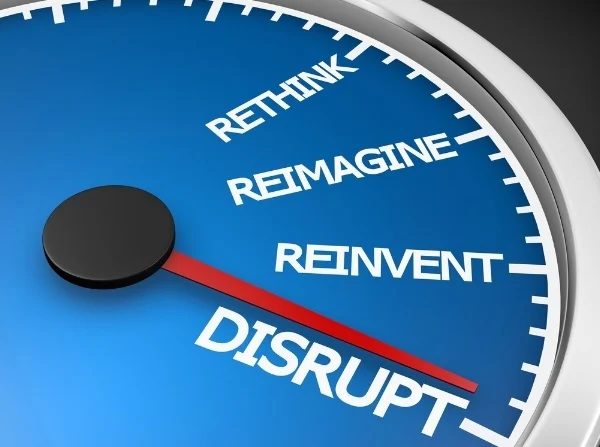I simply can’t get away from this Mark Twain quote about life, “It’s not what we don’t know that gets us in trouble, it’s what we know for sure that just ain’t so!” This has proven true so many times in my life and I always seem to be in the ditch before I even realize my treasured beliefs might not be right.
Early in our marriage, CeCe would have a moment where she might mention a pain or headache or upset stomach and I would simply ignore her comment. My belief was if it was serious, she would mention it again in a more direct conversation and let me know how I could help. That’s logical, right? (You may remember this blog about the grape that got me in so much trouble.)
So I continued to cling to my belief that if I ignored these little hints that it would help her be strong and not incentivize her to share all of her aches and problems. (Sometimes, stupid is just stupid, but if you believe it and you cling to it, you are in trouble before you realize how stupid you might be.) CeCe quickly began to assume that I did not care about how she was feeling or that I did not want to help her or listen to something she was struggling with that day. This led to less than warm receptions when I would get home or sharp replies to requests or favors I might have. As CeCe got frostier, my beliefs began to thaw. And I have completely reframed my beliefs on the best way for me to demonstrate my empathy and love for her.
Our business models, like marriages, are built around long-standing, often implicit, beliefs on what it takes to be profitable. In public accounting, our dominant business model is one driven by the chargeable hour. There are lots of long-held core beliefs that continue to make this business model one that is extremely hard to move away from. Hey, it has worked for 100 years so who is going to upset that apple cart? Actually, probably a technology company that could care less about our client relationships or our 100+ years of incredible success.
What legacy beliefs cause us to continue clinging to this business model? I think there are lots of them but maybe we can identify the biggest ones that might not be so. “Time matters and it helps determine the value of our services” is certainly one core belief supporting this business model. How will we know if we are profitable unless we track time? Another core belief is that our costs help determine the value of our services, and this would certainly include the cost of time.
So let’s play Mark Twain and reframe these beliefs. Time doesn’t matter and clients really don’t care how long it takes us to do something. Or how about this one—the value of what we do has nothing to do with our costs or time utilized but only with the client’s perception of value and the actual impact of our work. Clients deserve certainty in scope and price of our services with collaboration on what the perceived value really is for them.
I have a sneaky feeling that if we do not begin to quickly reframe our beliefs on the value of our services, innovate and move to a new business model, that many of our clients are going to get frosty and someone else is going to build the fire that warms them back up. Loyalty goes up when we empower our clients rather than hold them hostage to a time clock that we turn off and on.
Possibly the best way for our firms to meet the demands of today’s transformation is to set our clients free to help us see the path forward. I don’t think we will find a time clock on the new path. What legacy beliefs are you holding on to that might not be true? Or still relevant? Or extremely risky for disruption? It’s time to reframe our beliefs and seize our future.

